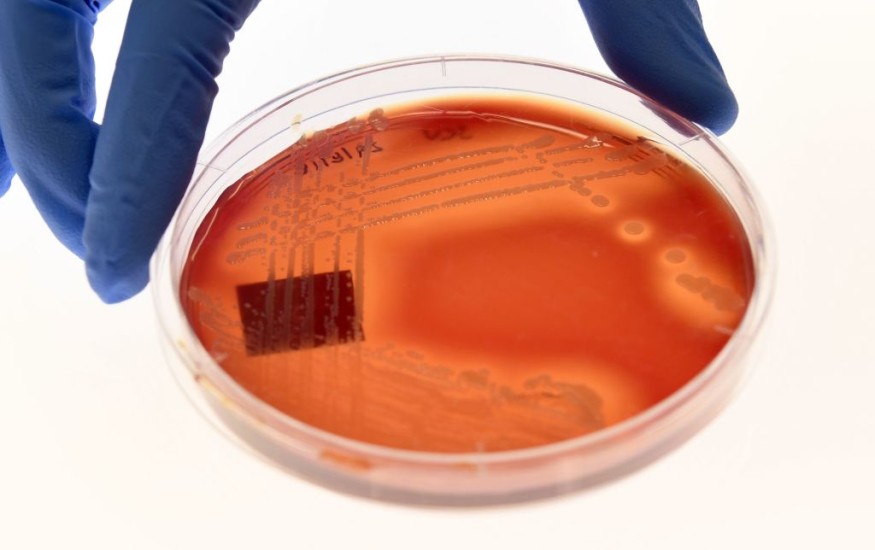A superbug from pigs has been found by scientists that can jump to humans, according to a new study.
The pathogen is known as methicillin-resistant Staphylococcus aureus (MRSA), also known as the MRSA super bug, wherein its victims have been known to struggle treatment due to its antibiotic-resistant properties.
The MRSA superbug has already become resistant to antibiotics used in modern medicine.
Now, the study has found a new strain of MRSA arising from the hogs.
The crucial matter concerning the discovery stems from the reported fact that the strain is equally or largely more resistant to medicinal drugs.
The new research started with the premise that MRSA has emerged in livestock five decades ago, asserting it could be a result of the widespread usage of antibiotics applied in pig farming.
MRSA Superbug

According to a university release of the University of Cambridge on Tuesday, June 28, scientists yielded results that highlight the potential threat posed by the strain to public health.
This is based on data which showed that an increasing number of human infections as a result of zoonotic transmissions.
The university report also said that the infected individuals had not recalled any direct contact with livestock.
The new superbug is called CC398, which has rapidly adapted to its human hosts and maintained its antibiotic resistance feature.
The study has been published in the journal eLife on Tuesday.
Zoonotic Transmission
An infectious disease from animals passed into humans is called zoonotic transmission.
In contemporary times, the monkeypox disease and the novel coronavirus disease (COVID-19) are known manifestations of zoonosis.
The World Health Organization (WHO) defines zoonosis as any disease or infection naturally transferred from "vertebrate animals" to humans, which means that certain animal species like primates in the animal kingdom can only transmit the infection toward Homo sapiens.
The WHO acknowledges that a large percentage today's new and existing diseases affecting humans has been a result of zoonoses.
Diseases from animal to humans vary in severity, with some being moderate and lethal.
In the case of rabies, the organization states that it is 100% preventable through vaccination and other methods.
Zoonosis: Virus Mutation
While there are prevailing zoonotic diseases, not all pathogens from animals can mutate and affect humans.
The mystery behind the virus mutation has been one of the most crucial subjects of scientists in the field of biology and medicine.
However, data is still limited regarding the accurate prediction of the behavior or trajectory of how virus and bacterial mutation.
Nevertheless, partial data about this matter has been made already and one of them has been published in the Journal of Public Health Research in 2021.
In this separate yet related study, an international team of scientists hypothesized that it only takes "one mutation away" for a pathogen to achieve a potential zoonotic threat.
The team focused on the so-called T510F virus mutation that led to the Middle East Respiratory Syndrome coronavirus (MERS-CoV) from South African bats.
The pathogen in question will be later known as the NeoCov bat coronavirus.
The researchers highlighted that even a single T510F mutation is enough to introduce and transform the NeoCOV virus to the human cells called ACE2.
Related Article: Shocking! Ingredients in Mouthwash Linked to Deadly 'Superbug'
© 2025 NatureWorldNews.com All rights reserved. Do not reproduce without permission.





